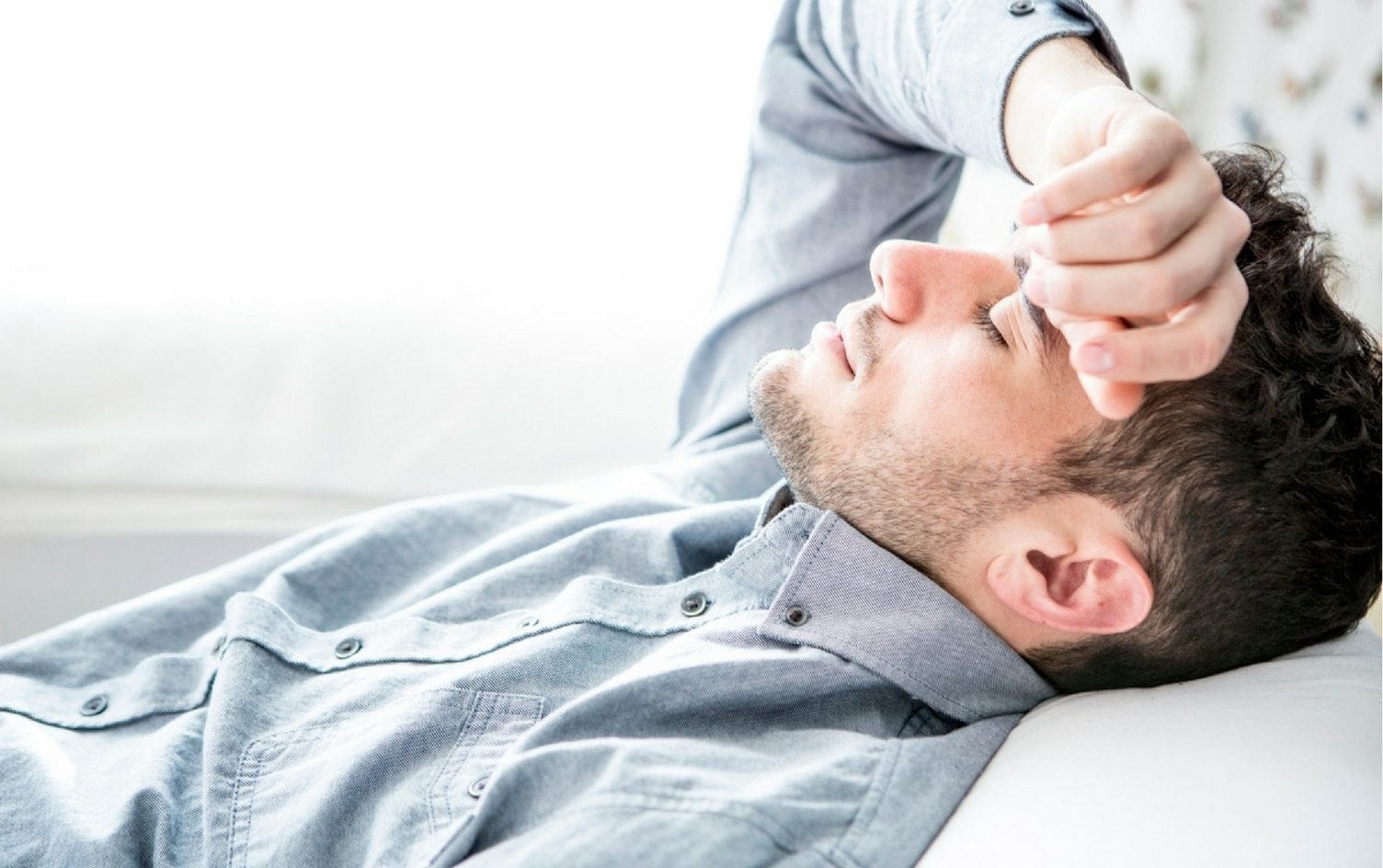If you’re feeling run down, a lack of sleep might be to blame. Your immune system depends on the right quantity of high-quality sleep to function properly. Spend too little time between the covers and you run the risk of throwing off your immune system.
When your sleep habits are out of whack, it creates disharmony.
Dr. Charlene Gamaldo, medical director at the Johns Hopkins Center for Sleep, compares sleep to a symphony orchestra: When your sleep habits are out of whack, it creates disharmony.
“Many of the key components of the immune system have sleep-regulatory processes,” Gamaldo explains. “In other words, for the immune system to do what it needs to do, you need sleep.”
The National Sleep Foundation recommends adults get 7–9 hours of sleep per night. Slipping off into dreamland is about more than feeling well rested in the morning.
A WEAKENED IMMUNE SYSTEM
Gamaldo refers to “warriors” in the immune system that work overtime while you sleep, fending off viruses and reducing inflammation. (Chronic inflammation is linked with a host of health issues from heart disease and diabetes to asthma).
Without adequate sleep, those warriors either work too hard or not hard enough. If they slack off, there is a higher risk of getting sick. In fact, a 2017 study, published in the journal Behavioral Sleep Medicine, found healthy college students suffering from insomnia had a poorer response to the influenza vaccine than their peers without sleep issues, increasing their risk of getting the flu.
“The warriors aren’t as primed to fend off viruses and bacteria when you’re sleep deprived,” Gamaldo explains.
Sometimes, lack of sleep sends those warriors into overdrive, causing your immune system to become so overtaxed that it attacks itself similar to what happens in autoimmune diseases like rheumatoid arthritis (RA) and multiple sclerosis (MS).
Lack of sleep doesn’t cause autoimmune diseases like RA or MS, but Gamaldo warns that it could exacerbate flare ups or make symptoms harder to manage for those living with the conditions. The Arthritis Foundation notes that RA patients with insomnia had more trouble with depression, pain and daily functioning than those without sleep problems.
SLEEP AND RECOVERY
Since it’s clear prioritizing sleep is an important component of keeping your immune system in check, Gamaldo recommends four strategies to improve sleep: exercising, turning off electronic devices; easing stress and getting the right amount of sleep for your body.
If you come down with a nasty cold or the flu, crawl under the covers: Failing to rest can put additional strain on your immune system, making it take longer to banish bacteria and viruses.
“The warriors in our immune systems that help us heal also promote sleepiness, which is why you’re tired when you’re sick,” Gamaldo explains. “Will regularly getting a good night’s sleep keep you from getting sick? Of course not. But it will prepare you to be in the best shape possible to avoid getting sick and, if you do get sick, it’ll help you recover faster.”
READ MORE FROM DR. G
> Sleep Expert Dr. G on the Weight Loss-Sleep Connection
> Sleep Expert Dr. G on Athletic Performance and Sleep
> Sleep Expert Dr. G Offers Four Tips to Improve Sleep




